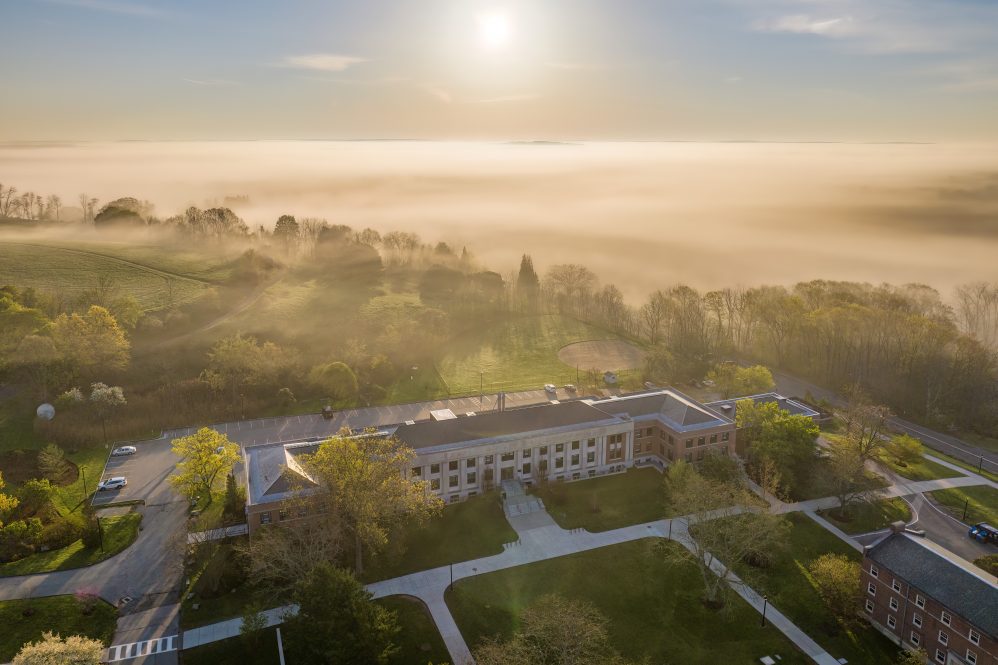UConn’s College of Agriculture, Health and Natural Resources (CAHNR) has hired many new full-time faculty members. This diverse cohort will bring new expertise and fresh perspectives to CAHNR’s thriving academic community.
“We are thrilled to welcome so many dedicated researchers and educators to CAHNR,” says Dean Indrajeet Chaubey. “With their expertise and commitment to transformational education, they will support CAHNR’s ability to deliver on UConn’s tripartite mission.”
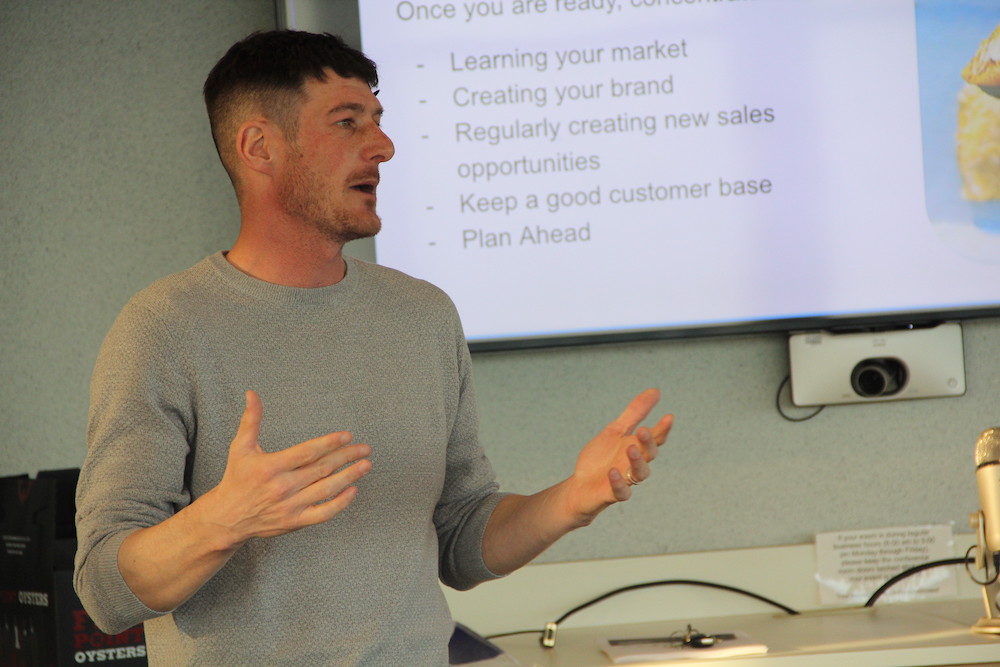
Michael Gilman, Visiting Assistant Extension Educator, UConn Extension
Gilman is the co-owner of Indian River Shellfish, an oyster farming business focused on sustainable practices and building up the local shellfishing industry in Connecticut. He has also served as an aquaculture extension assistant for the Connecticut Sea Grant and the Connecticut shell recycling coordinator. Gilman holds a master’s degree in biology from Southern Connecticut State University.
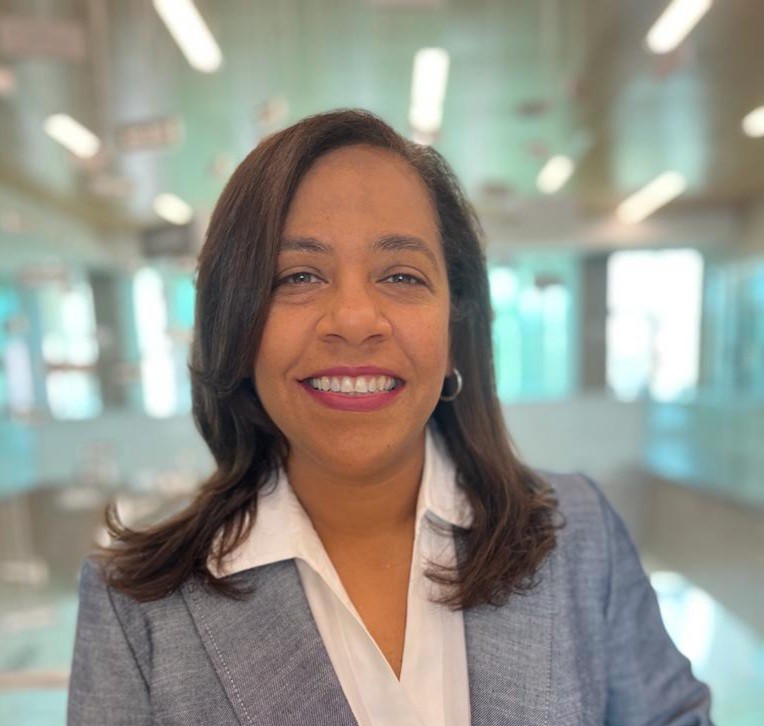
Fanny Hernandez de Alvarez, Assistant Extension Educator, UConn Extension
Hernandez holds a PhD in evaluation, measurement, and research from Western Michigan University. Her dissertation research studied the role of evaluation terms of reference in the quality of evaluation in the international development cooperation. For this project she worked with a philanthropic program run by communities of color in Battle Creek Michigan through the United Way of Battle Creek and Kalamazoo Region Catalyzing Community Giving project.
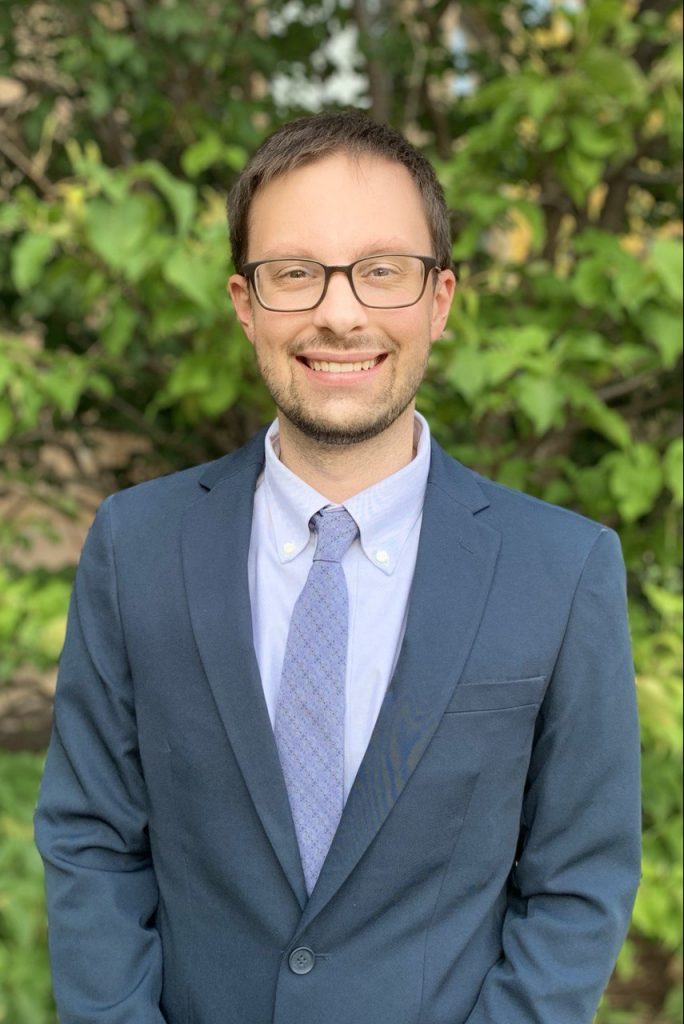
Erik Katovich, Assistant Professor, Agricultural and Resource Economics
Katovich’s research interests include environmental and resource economics, development economics, political economy, labor economics, and applied econometrics. Katovich was a postdoctoral scholar at the Institute of Economics and Econometrics at the University of Geneva before coming to UConn. He holds a PhD in agricultural and applied economics from the University of Wisconsin-Madison.
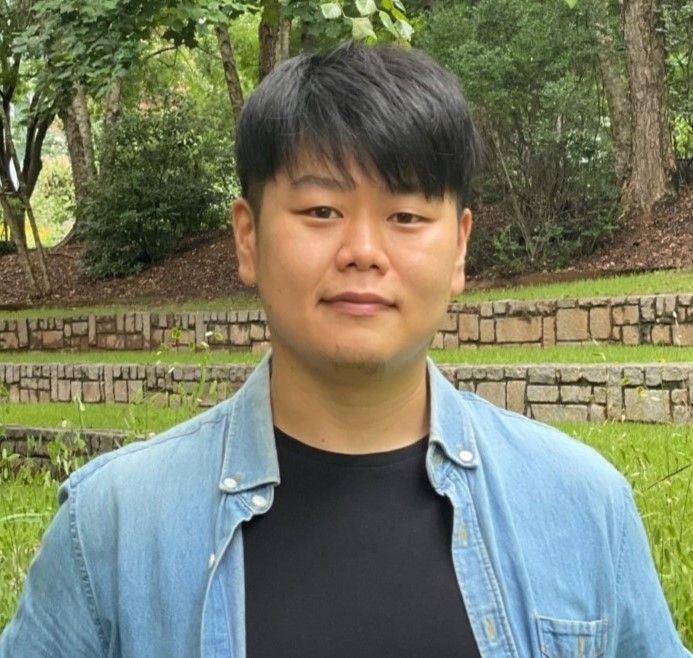
Changhyeon Kim, Assistant Professor, Plant Science and Landscape Architecture
Kim researches controlled environment agriculture, a field focused on greenhouses and other regulated environments. Kim holds a PhD in horticulture from the University of Georgia. Before coming to UConn, Kim was a postdoctoral scholar at The Ohio State University where he developed greenhouse control strategies to improve the resource use efficiency of tomato plants.
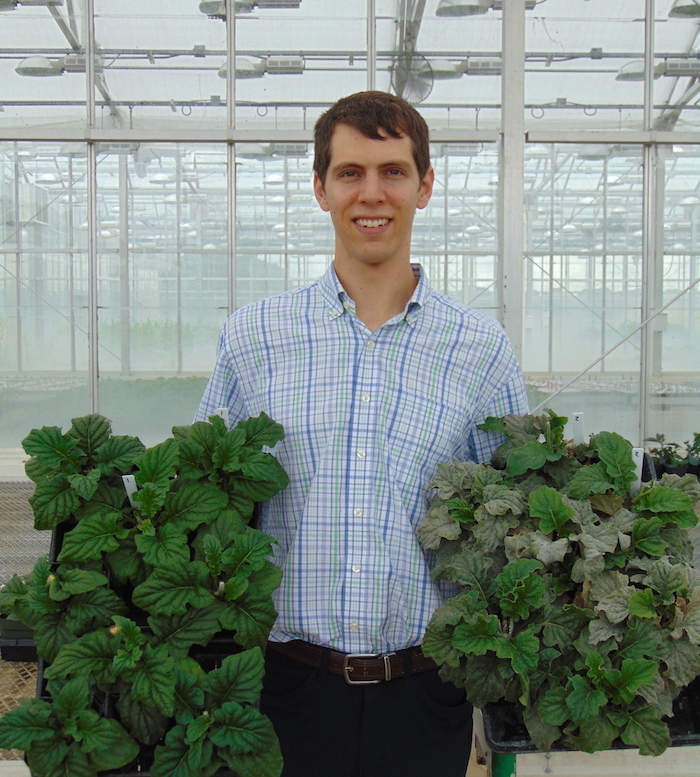
Charles Krasnow, Associate Extension Educator, UConn Extension
Krasnow has a background in vegetable disease control, greenhouse flowers and ornamentals, and conducted field fungicide research at Michigan State University. Krasnow has worked as a plant pathologist in both the academy and industry. Before coming to UConn, Krasnow was a postdoctoral researcher at the Volcani Institute in Israel in the Department of Postharvest Science.
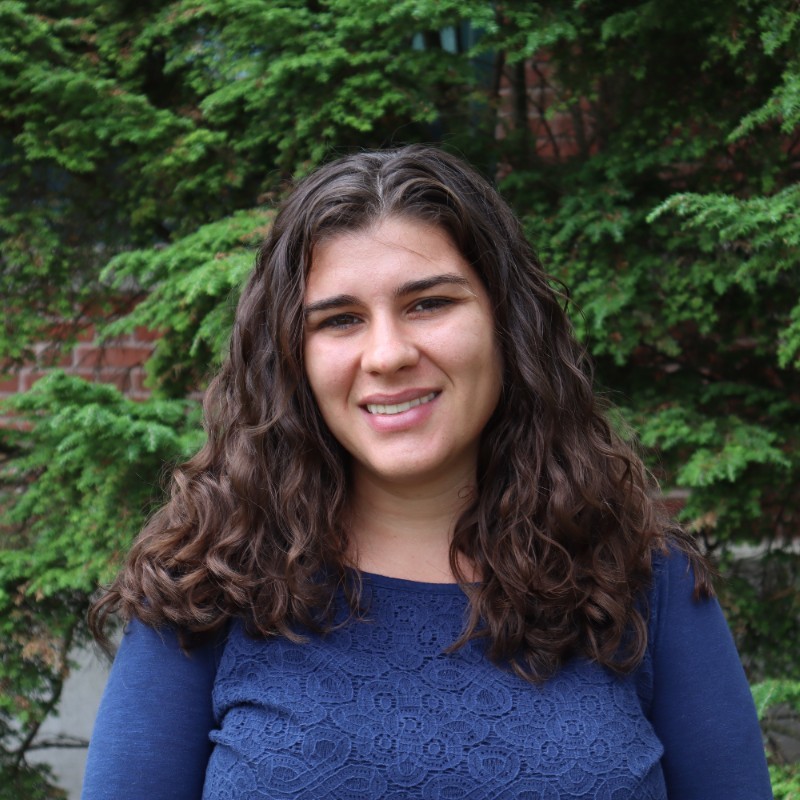
Lauren Kurtz, Invasive Species Outreach Specialist, Plant Science & Landscape Architecture & UConn Extension
Lauren Kurtz is originally from Frankfort, Illinois, and earned her undergraduate degrees in environmental studies and geography from Western Michigan University, before coming to UConn for her masters and PhD in horticulture and plant breeding in the Department of Plant Science and Landscape Architecture. Lauren is based in our New London County Extension Center.
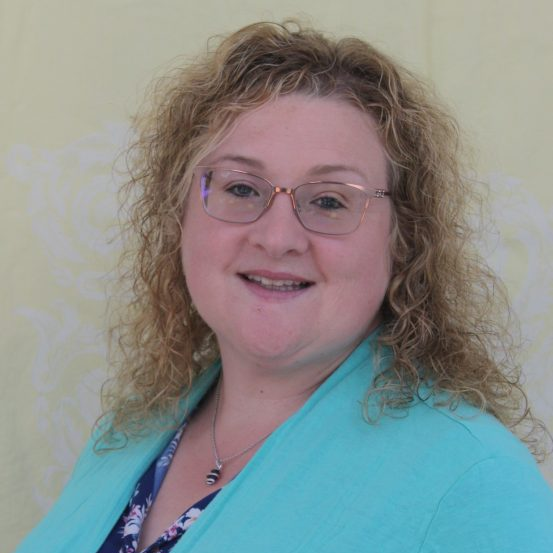
Angela LaRue, Instructor in Residence, Allied Health Sciences
LaRue holds a master’s in public health from UConn which she completed in 2007. She received her bachelor’s degree in diagnostic genetic sciences from UConn in 2000. LaRue had previously served as an adjunct instructor at UConn. LaRue also worked as the general manager of Rainbow Scientific, Inc., a scientific equipment company.
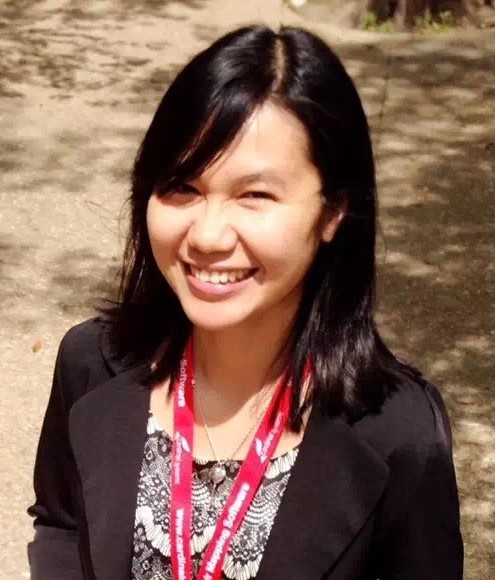
Qian Lei-Parent, Assistant Extension Educator, UConn Extension
Lei-Parent completed her PhD in geographic information systems (GIS) and remote sensing at UConn in 2020. She has worked as a research associate at the CLEAR (Center for Land Use Education and Research) at UConn since then. Lei-Parent’s research focuses on GIS/remote sensing applications for natural resources management. She has worked on grants funded by the Connecticut Department of Energy and Environmental Protection and the U.S. Environmental Protection Agency.
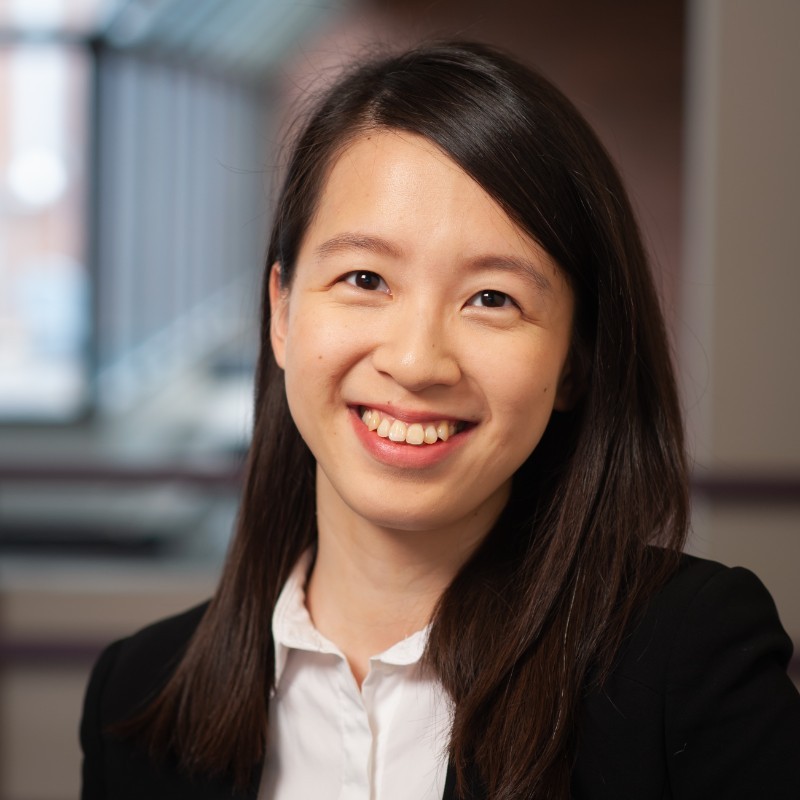
Jhih-Yun Liu, Assistant Professor, Agricultural and Resource Economics
Liu’s research falls at the intersection of agricultural and resource economics, labor economics, demographic economics, and economic history. Her work has covered questions related to farm succession, rural migration, and rural mortality in the U.S. Liu holds a PhD in applied economics from the University of Minnesota. Before coming to UConn, Liu was a research assistant for a project funded by the National Institute on Aging.
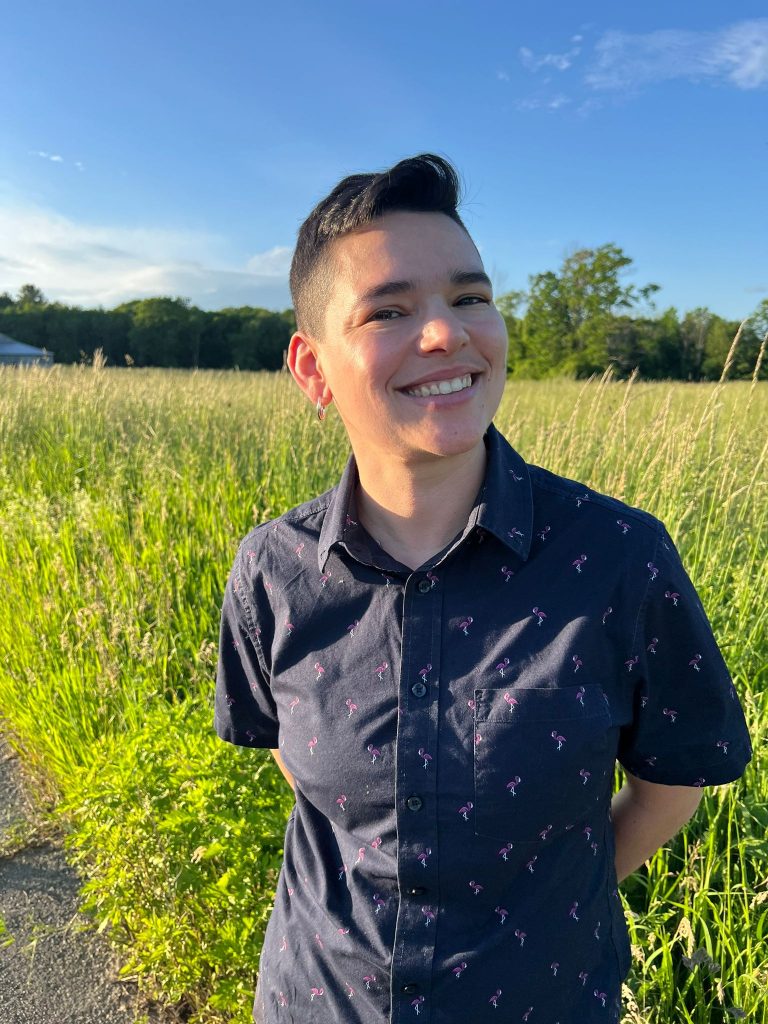
Amelia Magistrali, Assistant Extension Educator, UConn Extension
Magistrali holds a PhD in sustainable agriculture from the School of Natural and Environmental Sciences at Newcastle University. Before coming to UConn, Magistrali worked as a research associate in innovation for the National Innovation Centre for Rural Enterprise and a research associate in farmer networks at Newcastle University. Magistrali’s dissertation research focused on evaluating alternative fertilizers and their impact on yield and quality of spelt and rye under different management systems.
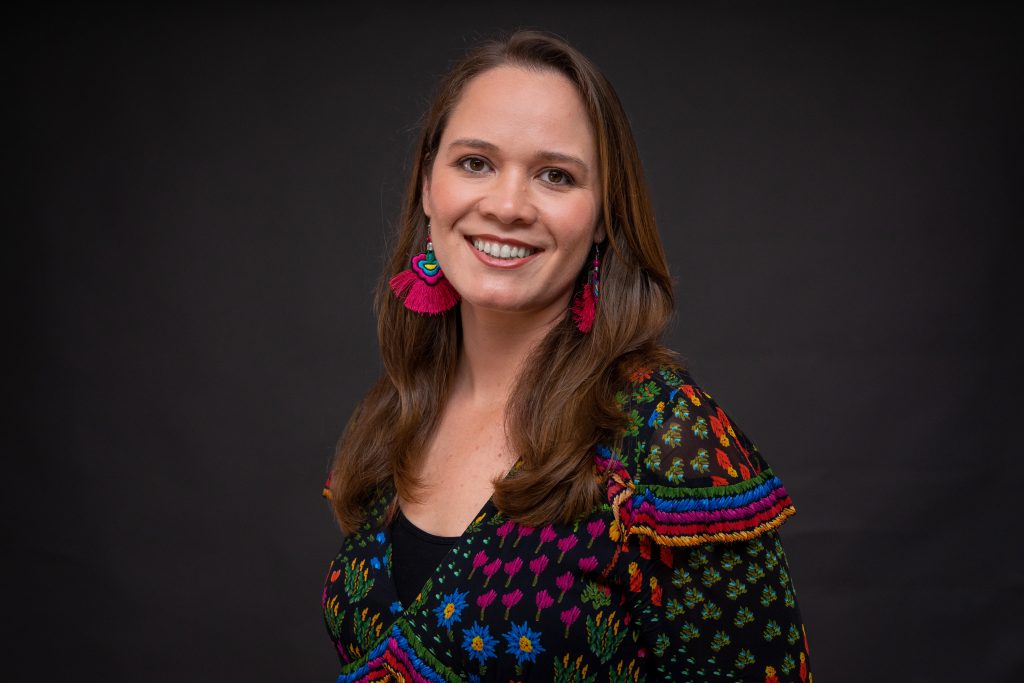
Anna-Michelle McSorley, Assistant Professor, Allied Health Sciences
McSorley holds a PhD in Community Health Sciences from the University of California, Los Angeles. Her research interests include racial/ethnic health disparities, inequalities, and inequities; Latino/a population health; social and political determinants of health; health policy; governance; and public health systems and infrastructure. Before joining UConn, McSorley was a postdoctoral associate at the NYU School of Global Public Health.
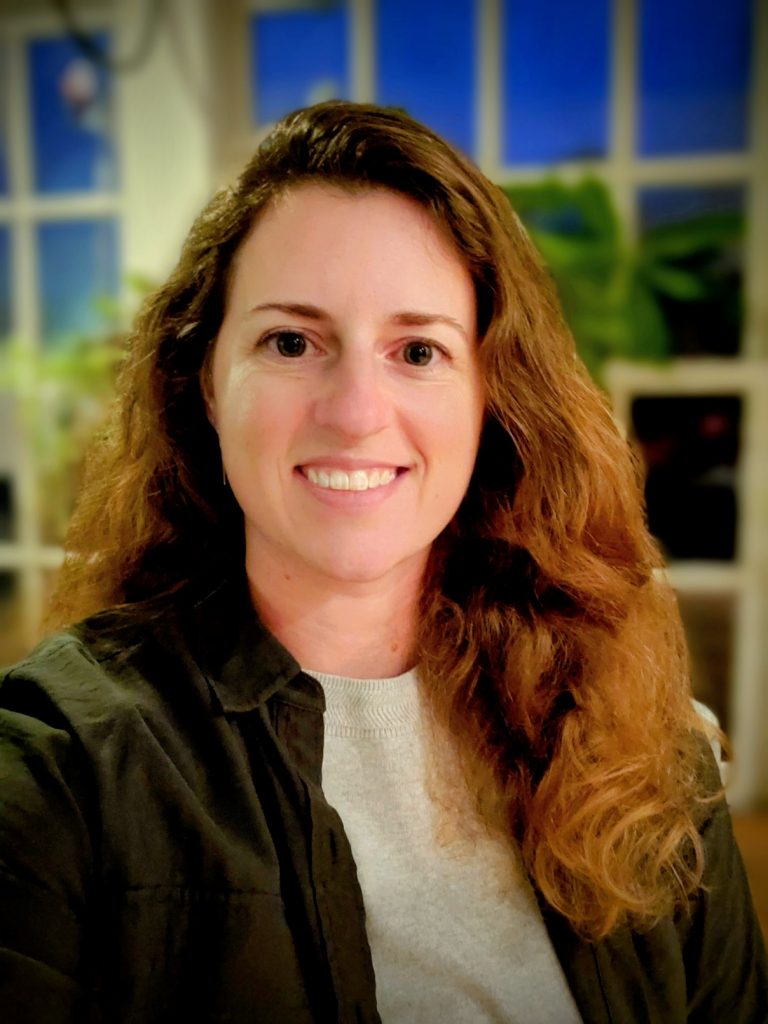
Emily Picard, Assistant Extension Educator, UConn Extension
Picard has over a decade of experience in K-12 education, environmental science, and outdoor recreation curriculum development. Picard taught at Lyman Hall High School in Wallingford, Connecticut for 12 years. Most recently, Picard worked as a boating division education coordinator for the Connecticut Department of Energy and Environmental Protection. Picard holds a master’s degree in curriculum instruction from UConn and another master’s in education from the University of Saint Joseph.
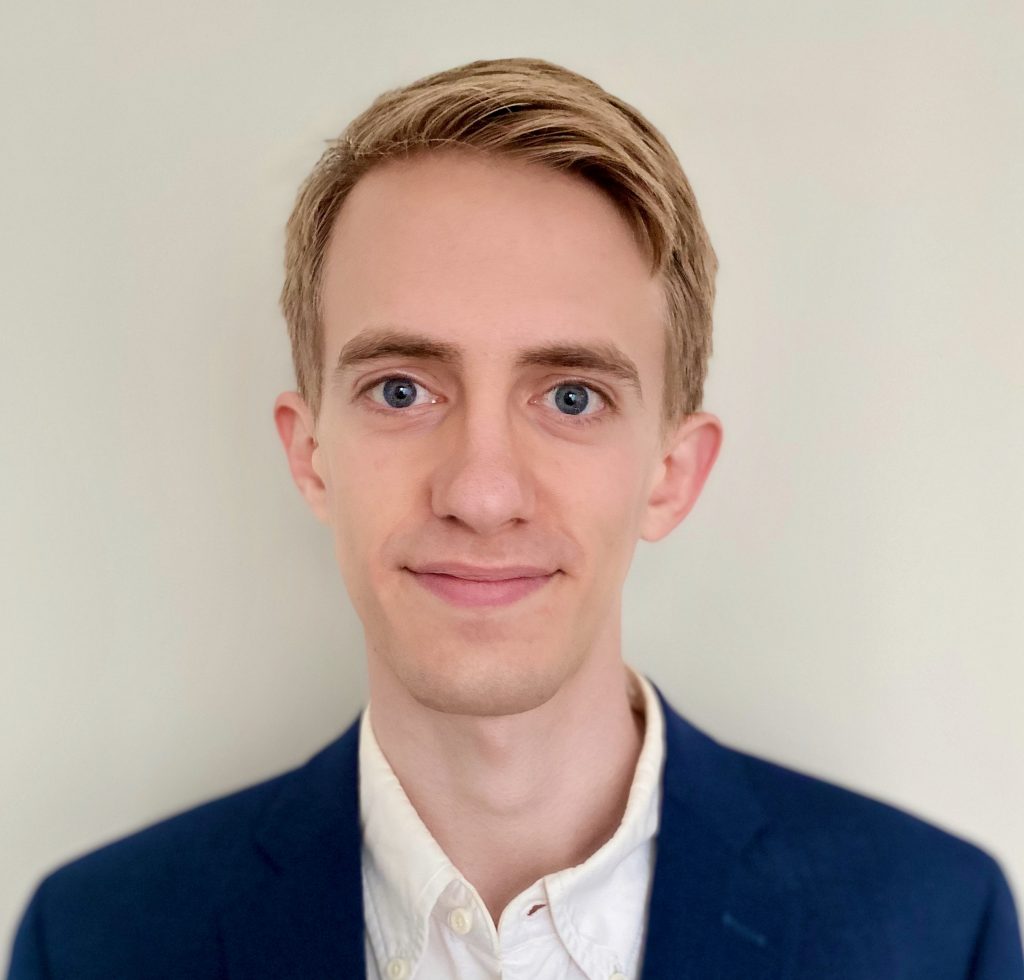
Eric Ryberg, Assistant Professor, Allied Health Sciences
Ryberg’s research focuses on environmental chemistry. During his PhD Ryberg developed disinfection technologies that utilized edible and natural photosensitizers to disinfect water. Ryberg previously worked as a postdoctoral researcher at the Woods Hole Oceanographic Institution and at the Massachusetts Institute of Technology. Ryberg holds a PhD in chemical and environmental engineering from Yale University.
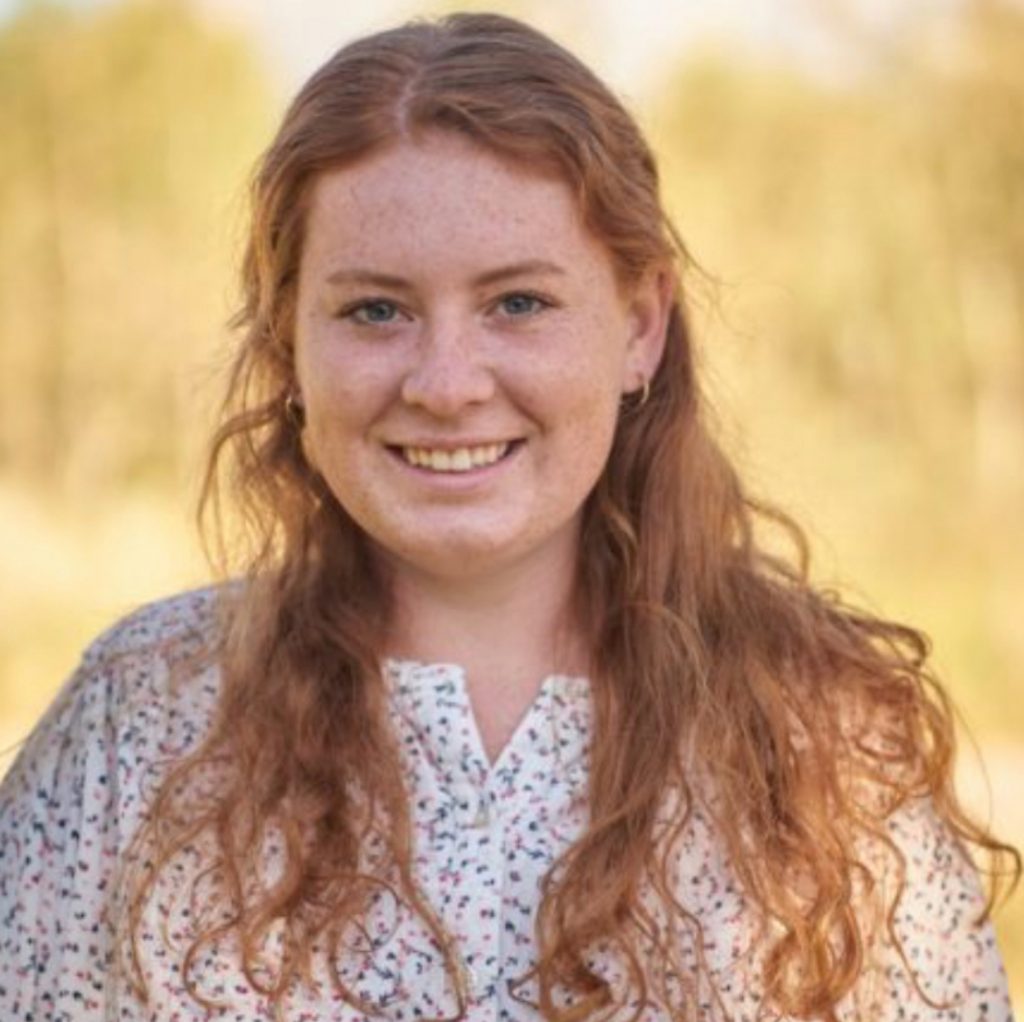
Halie Shea, Assistant Extension Educator, UConn Extension
Shea recently earned her master’s degree in natural science education at the University of Wyoming. Her master’s research focused on how participation in a citizen science event affects an individual’s science literacy and their relationship with science. Shea has experience in both education and program development in Connecticut, Massachusetts, and Wyoming.
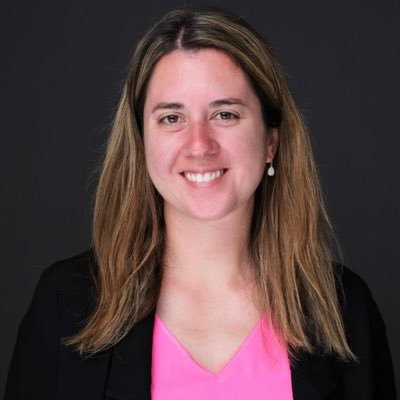
Lauren Sheldon, Visiting Assistant Professor, Kinesiology
Sheldon’s research focuses on injury prevention. Sheldon recently received her PhD from UConn in kinesiology and also holds a bachelor’s degree in athletic training from UConn. She is a licensed athletic trainer and has worked with communities in Connecticut and Florida.
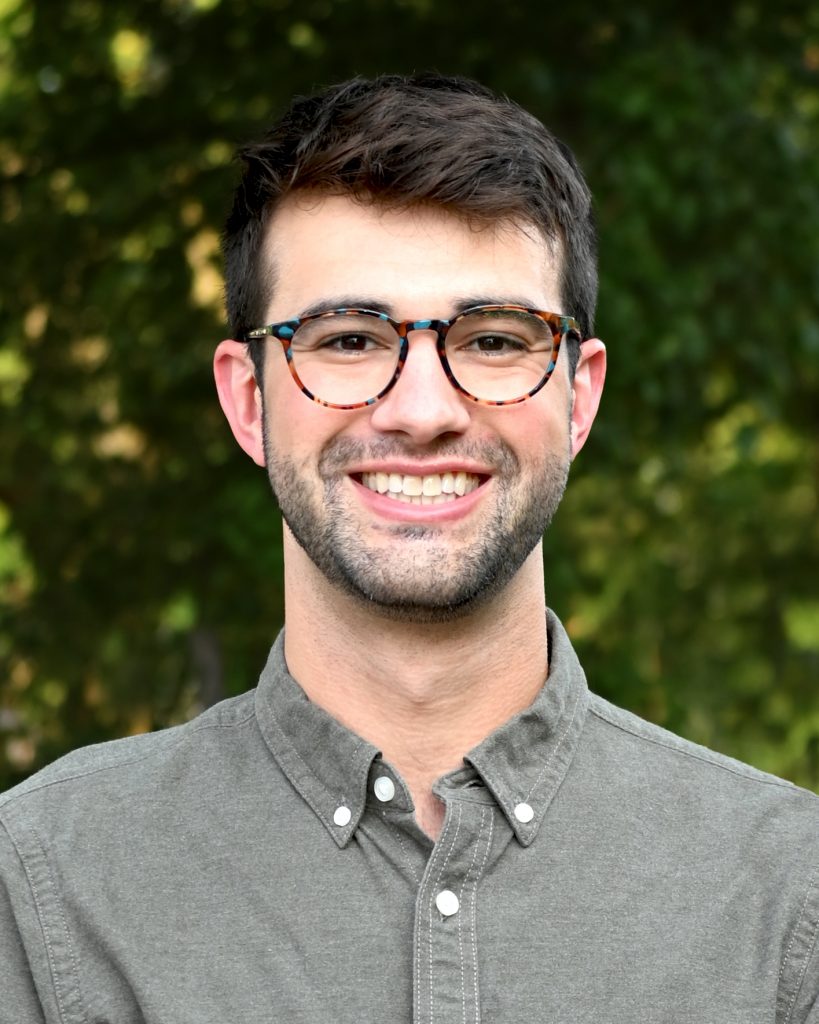
Thomas Sterling, Assistant Professor in Residence, Plant Science and Landscape Architecture
Sterling is completing his DDes (Doctor of Design) at Harvard University. Sterling’s research focuses on the co-constitutive relationship between technology and aesthetics and their reciprocal influence on the formation of contemporary planetary imaginaries in the context of the climate crisis. Before beginning his full-time position at UConn, Sterling served as an adjunct lecturer in the program.
